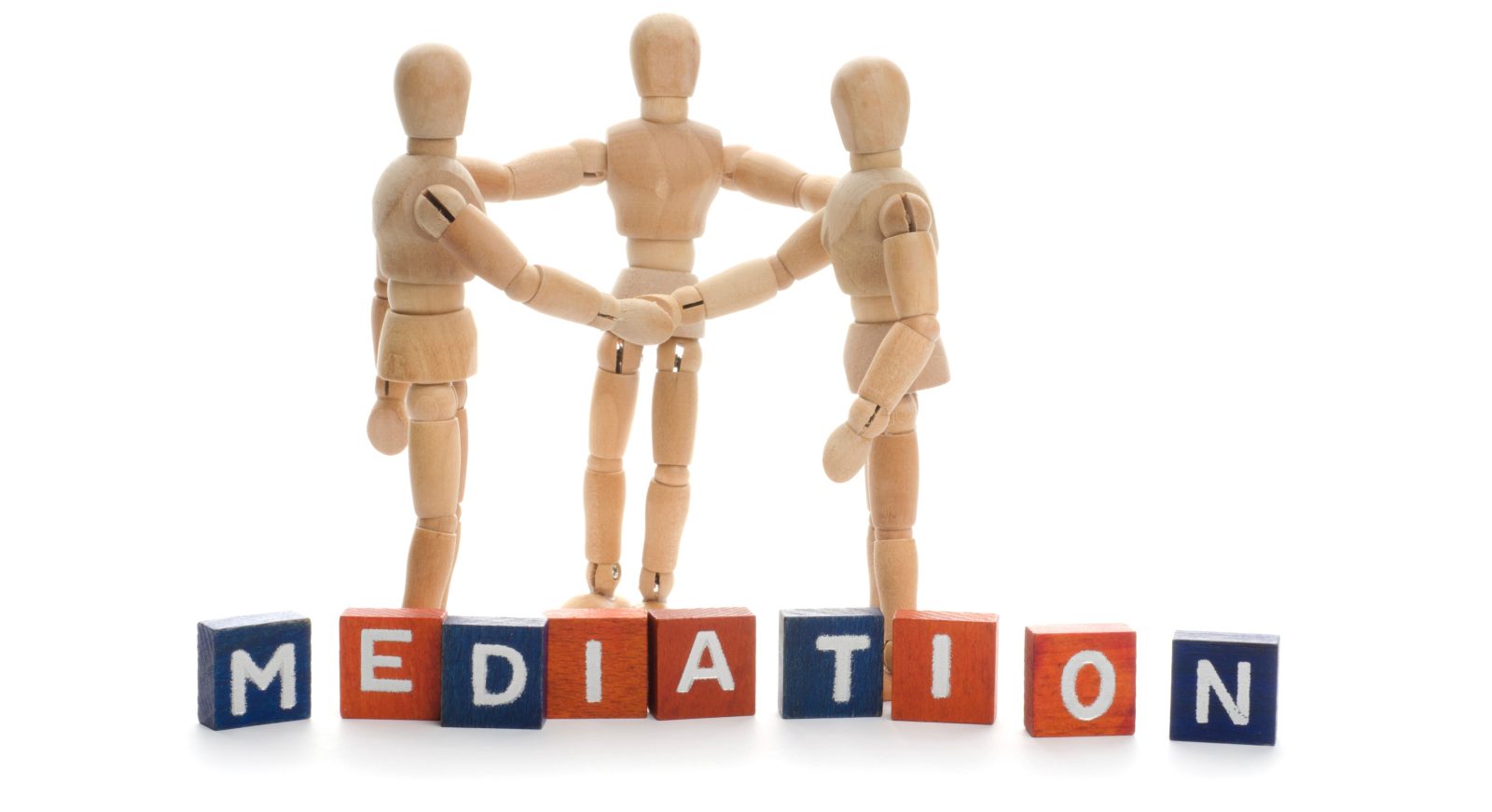Children often experience separation anxiety at some point in their lives. They may be fearful of leaving their parents, going to school or meeting new people.
Try to establish routines that your child can trust. If your child is starting a new childcare center, preschool or daycare, practice good-bye rituals.
Make the situation predictable.
A child’s separation anxiety can be triggered by new surroundings and situations, so it is important to try to keep your child’s environment as consistent as possible. This can help them feel safe and secure.
Children go through predictable phases of separation distress. Infants typically begin their stage of separation anxiety between 8 and 12 months and may cry, scream or cling to their parent when they have to be separated. This usually ends before their first birthday.
It sounds like when the family separation policy was being implemented, no one really had a plan in place for how parents and kids would be reunited. It’s a big part of why so many families are still separated four years later.
Talk to your child.
Even the most amicable separation can still be a very disruptive time for your child. As they adjust to the change and loss, they will likely have many questions.
Kids are curious creatures at the best of times. During the separation process they will likely ask lots of questions about what is happening, what will change for them day to day and when they can see Mum or Dad again.
It is important to answer these questions honestly and in an age appropriate way. Children don’t need to know the details of why the relationship ended, but they do need to be reassured that they will continue to have both parents in their lives and that the breakdown of the relationship is not their fault.
Give them a special toy or object.
Children often experience separation anxiety when they are away from their parents. Whether it is at child care, school, visiting a relative or going to the doctor, they can be anxious and cry when they are separated from their parents.
Having a transitional object like a favorite blanket or stuffed animal helps them feel secure and gives them comfort during a difficult separation. It also teaches them that the object is theirs and they can take it with them wherever they go.
You can help your toddler through this separation anxiety by doing practice sessions with them. Tell them you are going to another room and will come back soon. Then pop back in and say “hello”. Do this a few times until the child is used to it and doesn’t cry anymore.
Be consistent.
Infants up to 8 months may be confused by sudden changes and may become frightened in new settings or with unfamiliar people. This is a normal part of their developmental process, and they quickly learn to trust the safety of their parents and recognize them as familiar and safe.
Children between 8 months and 1 year may develop separation anxiety when their parents leave them with other adults, like grandparents or babysitters, or at school. They will likely react by crying, clinging or refusing to let go of their parent.
It’s important for both parents to understand recommendations from professionals, which can help ensure consistency in the two households and avoid children favoring one household over another. This will also avoid any conflict during the divorce negotiations.
Be calm.
If you’re upset or anxious about leaving your baby, they’ll pick up on it and have a harder time adjusting to the separation. Try to stay calm and show them you’re in control — even though it may be hard to hide your emotions.
Try to do your best not to give into their pleas to keep you with them, as this will only make it worse for the next time. Instead, stick with the plan you’ve set and return at the exact time you said you would. Over time, this will help your child understand that you will always come back to them, and they can trust you. This will also help them feel more secure in new places and situations. The more they can trust you, the easier it will be for both of you.child separation




Leave a Reply